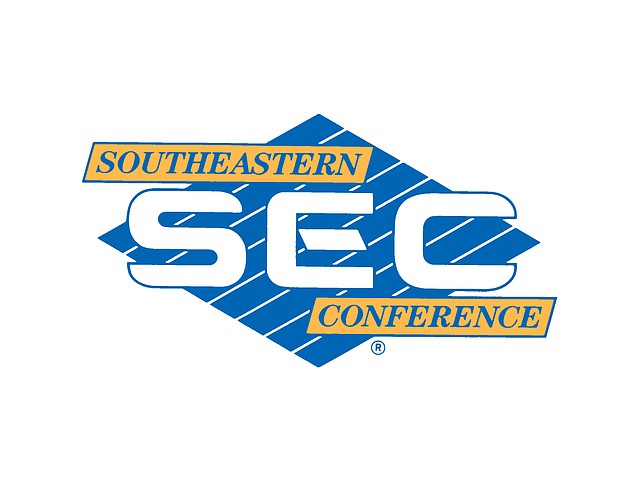Greeson: Allegations run deep in Stillwater
Thursday, September 12, 2013
Sports Illustrated is swinging haymaker allegations at the Oklahoma State football program in a five-part series at SI.com on a daily basis this week.
Yahoo.com has unloaded several barrels at former several SEC football standouts about taking money from Luther Davis, a former Alabama football player who sure sounds like a go-between for agents and college football players.
The Yahoo allegations, which are levied against former University of Tennessee player Tyler Bray and current Vol Maurice Couch, former Mississippi State players Fletcher Cox and Chad Bumphis and former Alabama player D.J. Fluker, are filled with details and evidence. They have copies of text messages and bank transfers. There is interviews with agents and their questions about thousands of dollars that were sent to Davis to be allegedly funneled to the players. They have what appears to be the smoking guns, including wire transfers to players, including Bray and Couch, who according to records each picked up Western Union money transfers in the state of the Tennessee. (Side note: Western Union requires a photo idea to pick up a wire transfer.)
The SI series, which is based on inerviews with 64 former OSU players, promises to go into drug use and even the activities of the recruiting hostesses. We're a rock-n-roll portion in this series from being a full-blown VH1 Behind the Music.
Normally the backlash is predictable. News outlet makes claims. NCAA becomes interested. School hunkers down. Fans reach for rationalizations -- disgruntled former players is a favorite, as is shoddy journalism, which seems especially possible in SI.com case since the author is Thayer Evans. Yahoo.com's recent run is much more credible, and the case against the SEC players is levied with documents and money transfers.
The scary difference for the Cowboys is that Oklahoma State officials have already apologized and are circling the wagons.
Most of the main accusations here deal with money being passed to players, and that could restart the debate about whether players should be paid. As for that line of thinking, here are two things to consider:
1) Players are paid. They get the opportunity at a six-figure education and all the bells and whistles that go with it, whether they realize it or not.
2) If you want to debate whether players deserve some sort of payment, that's okay. But to do it when alleged NCAA violations occur on the grounds that, "If we paid players then this wouldn't be against the rules," is silly and naive. If colleges changed the rules to allow stipends, rogue boosters, dirty programs and agents would still pay more. This is less about the money and more about the recruiting advantage/motivation factors within a program or agents trying to lure prospective clients.
There is a debate looming about whether college athletes should be paid, but that's not the issue here. If you think you can stop people from breaking the rules simply by removing the rules, then you will eventually have to remove every rule.
And that's true regardless how many people SI interviewed or how many bank receipts Yahoo produces.
Contact Jay Greeson at jgreeson@timesfreepress.com and follow him on Twitter at Twitter.com/jgreesontfp.
